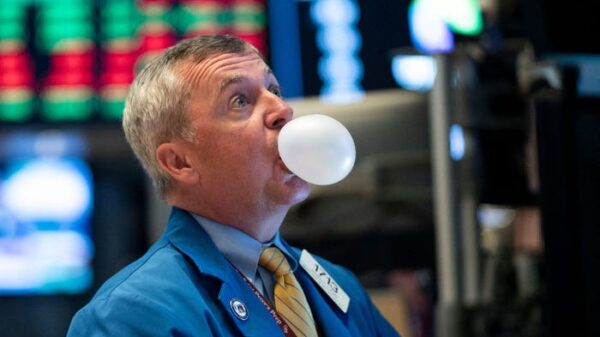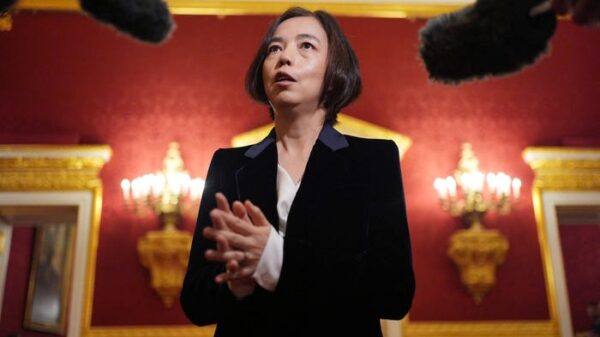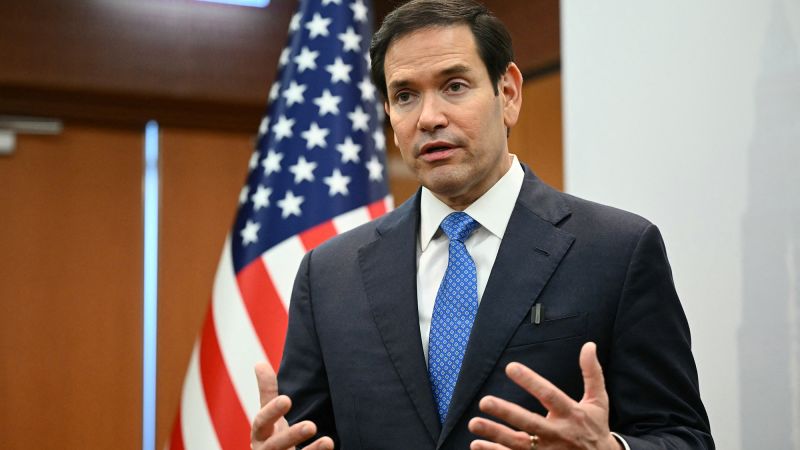US Secretary of State Marco Rubio indicated a “high probability” that US President Donald Trump and Chinese leader Xi Jinping will hold a meeting this year. Speaking to journalists in Kuala Lumpur, Malaysia, on Friday, Rubio expressed optimism about the potential encounter, stating, “I think both sides want to see it happen.” Although he could not specify a date, he emphasized the mutual desire for dialogue.
The remarks followed Rubio’s in-person meeting with Chinese Foreign Minister Wang Yi, which marked the first direct engagement between the two foreign ministers. Their discussions occurred against the backdrop of ongoing trade tensions between the US and China, as both nations compete for influence in Asia. Rubio described the roughly hour-long meeting as “very constructive” and “positive,” acknowledging the complexities inherent in the relationship between the two powerful nations.
The context of the meeting highlighted the fraught nature of US-China trade relations since Trump resumed office earlier this year. The two countries have engaged in a tit-for-tat tariff dispute, exacerbated by Trump’s global trade policies. Recently, a framework for trade was established during negotiations in London, which eased some tensions. Scott Bessent, the US Treasury Secretary, is expected to meet with Chinese officials in the coming weeks to continue discussions as trade challenges persist.
Progress in Diplomatic Relations
During his time in Kuala Lumpur, Rubio attended meetings with foreign ministers from the Association of Southeast Asian Nations (ASEAN) and other regional partners, including Russia, Japan, South Korea, and Australia. The discussions enabled both sides to explore avenues for cooperation, although specifics regarding potential collaborative efforts were not disclosed. Rubio noted the importance of establishing strategic stability and enhancing communication and trust between the US and China.
Following the meeting, the Chinese foreign ministry characterized the dialogue as “positive, pragmatic and constructive.” The ministry stated that both sides agreed to strengthen diplomatic channels and communication across various levels. Wang reiterated the need for the US to adopt a more objective and rational perspective regarding China.
Rubio’s trip is particularly significant as it coincides with the US government’s recent announcements regarding impending tariff rates, which are set to impact numerous countries, including eight of the ten ASEAN nations, effective August 1. This situation presents an opportunity for China to position itself as a stable economic partner in the region, especially amid US tariff threats.
Addressing Trade Imbalances
In addressing the notion that US tariffs could create economic opportunities for China, Rubio asserted that the US is committed to rectifying longstanding trade imbalances with various countries. He highlighted that the US experienced a substantial goods trade deficit of $295 billion with China last year, according to data from the US Census Bureau. “We’re resetting tariff levels with virtually every country in the world,” Rubio stated, emphasizing the need for fairness in global trade practices.
Rubio’s diplomatic mission aims to reaffirm the United States’ commitment to a free and open Indo-Pacific region, a sentiment echoed by State Department spokesperson Tammy Bruce. As the geopolitical landscape evolves, the outcomes of these discussions between the US and China will significantly influence regional dynamics and economic relationships moving forward.
The meetings in Kuala Lumpur represent a critical step in navigating the complexities of US-China relations, with both sides indicating a willingness to engage in dialogue and cooperation despite ongoing challenges.





































































